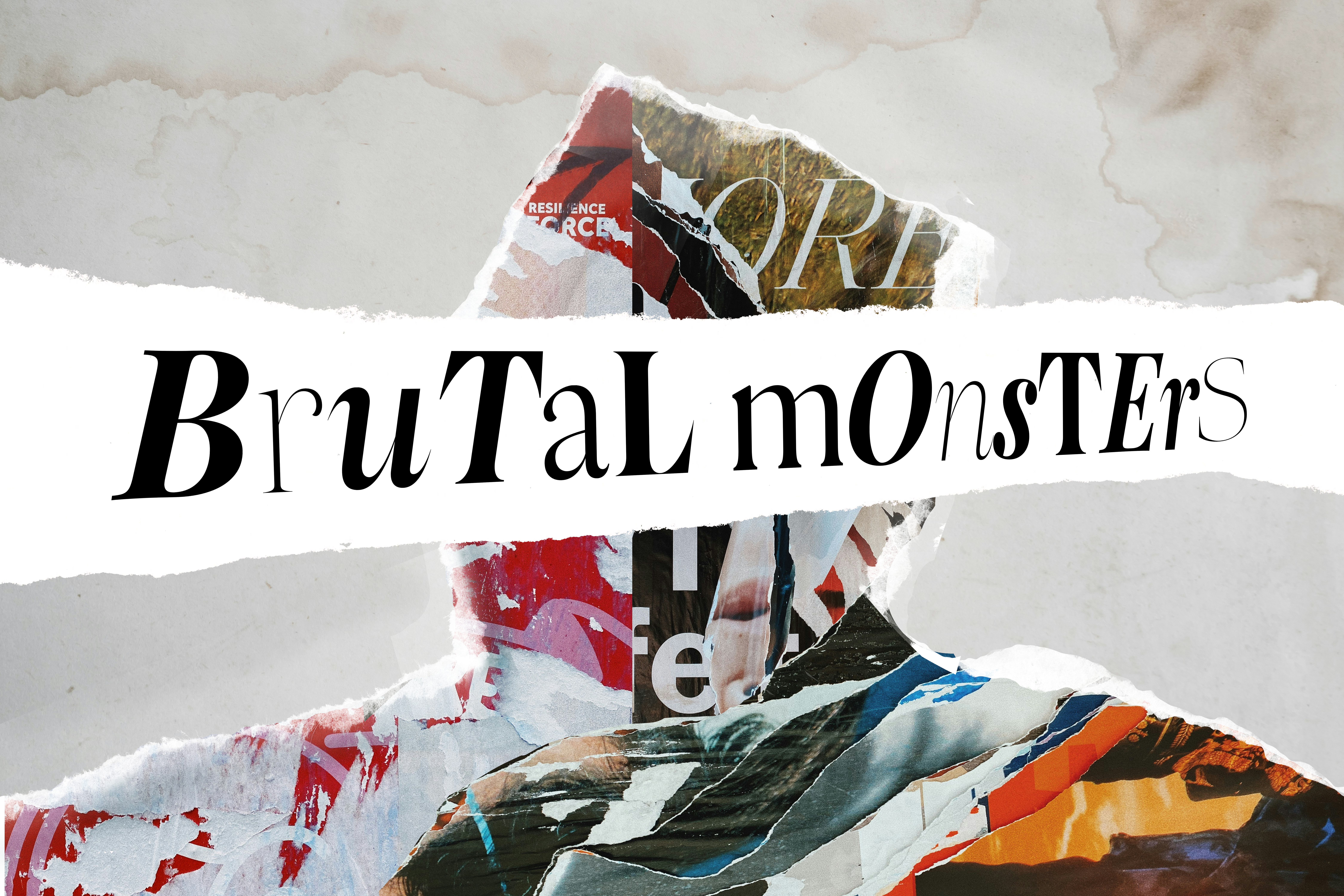In her column “Brutal Monsters,” Cate Burtner ’25 offers commentary on the literature of mental illness.
I have always thought the term ‘sad girl poetry’ was condescending. ‘Sad’ feels overly simplistic. ‘Girl’ is infantilizing and sure, technically anything can be ‘poetry’ if you hit the return key enough times. I’m only human: the genre makes me think of Rupi Kaur and Gabbie Hanna for their Notes app-esque verse. I think of trendy aesthetics prioritized over emotional depth.
But before there were these contemporary examples, there was Sylvia Plath. She is, decisively and in the best way, the original sad girl poet. She wrote unflinchingly about womanhood and mental illness. Plath captured sadness, as well as a deep madness that questions the nature of identity and reality.
In literature, it is normal for women to ‘spiral into madness’ or to ‘come undone.’ If we were to call it by names like depression or psychosis, it would sound weird. (Careful — we might accidentally start to take women seriously). In the case of women, ‘madness’ can be a term of polite society.
In her poetry, Plath legitimizes madness by playing with scale, representing depression and mental illness as enormous entities. Her poem “Lady Lazarus” draws parallels between suicidal ideation and the Holocaust. “Daddy” discusses her traumatic relationship with her father while invoking generational trauma of historic proportion.
“A Mad Girl’s Love Song” confronts this censorship using the label “mad girl” for the speaker. Plath scales up madness in this poem, too. “God topples from the sky, hell’s fires fade: / Exit seraphim and Satan’s men: / I shut my eyes and all the world drops dead.” Plath depicts insanity on a biblical scale. She ends stanzas with the haunting refrain, “(I think I made you up inside my head).”
In our daily lives, madness has a different flavor. We use it metaphorically. We might rush somewhere “like a mad man.” Someone says something outlandish and so we ask them, “Are you mad?!”
Madness can be an insult, too. In 2024, madness has a particular political potency when wielded as such. In the wake of last week’s election, we hear this insult a lot: “Trump is a lunatic.” “These people are insane.” “Crazy Kamala.” Do we really believe that mental illness is what is happening? Usually, no. We mean something else when we conclude, “crazy.” We use it, in part, to signal that we disagree.
There is something deeply resonant about “madness” being reclaimed by women in the arts. Rupi Kaur’s feminine angst has brought a new generation to poetry. The internet trend of a “Sad Girl persona” has taken off in recent years with musical artists like Lana del Rey referenced constantly. Overall, in the wake of the election, it seems there are more sad girls than ever.
One thing we can learn from Plath’s sad girl poetry is that people invoke a history when they call women “crazy.” Women’s emotions have long been pathologized and minimized by labels like ‘mad’ or ‘hysterical.’ Today, we identify with ‘sad girl poetry’ not because it’s about literal mental illness, but because we identify with extreme sadness and with being labeled as ‘mad,’ often by men.
We shouldn’t just dismiss sad girl poetry as a genre. While I don’t enjoy reading most of the notes app poetry included in the genre today, this type of art undeniably gets at an angst women have been feeling in recent years. Poetry represents our sadness, depression and feelings of ‘madness’ more effectively than an exit poll of women voters ever could.
Plath’s poetry shows us what strong emotions look like when they are uncensored. Her eventual suicide shows us that mental illness is not cutesy when it’s feminine. It shows us that madness can be an ugly, destructive force. Plath’s legacy and perceived ‘relatability’ reflects women in distress. What does it mean that poetry and music about going ‘mad’ resonate deeply, but it has also become easier to hurl the insult ‘crazy’ than listen to people we disagree with? We can find madness in each and every direction.
Culture today is gendered, and politics are so divisive. But there is madness and sadness on both sides of the aisle. And we all have to find our own ways to deal with it. We must find our own ways to open the Notes app, hit the return key and begin a new line.
Editor’s Note: This article is a review and includes subjective thoughts, opinions and critiques.
